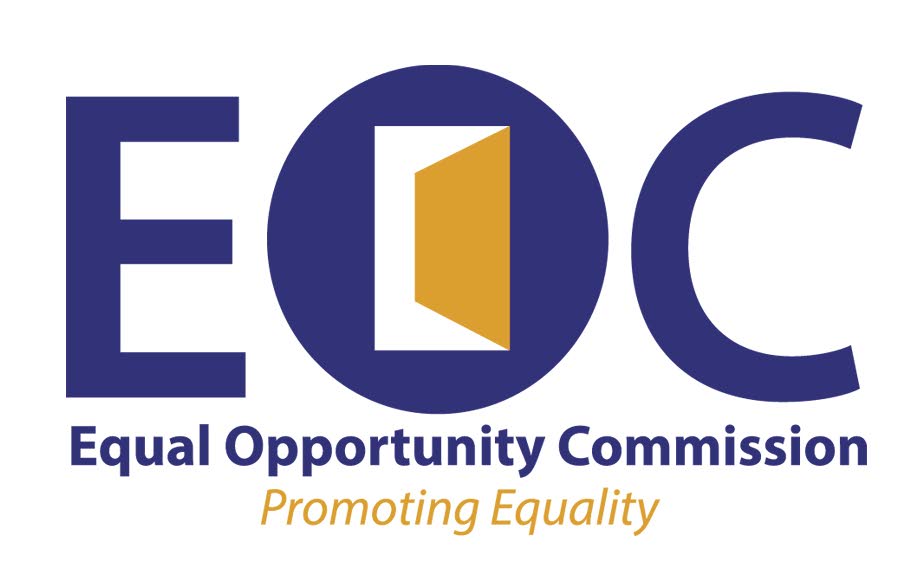Different in ability, not in capability

ONE OF the ways that the Equal Opportunity Commission (EOC) educates and connects with the public is by providing platforms for vulnerable communities; to support and magnify their messages to work towards an inclusive and equal society. The EOC’s television programme, The Hard Conversations: Let’s Talk Equality, is one avenue where these productive and informed discussions occur.
The show's second episode on TTT, entitled Different in Ability, Not Capability, brought together people with disabilities and advocates for the community and panel members did not disappoint with their insights and suggestions.
Despite each speaker having a different type of disability, similar sentiments were echoed by the collective panel, providing viewers with an opportunity to reflect on the discerning points.
One such recurring theme was the need to not to be treated as an afterthought, but for policies to be drafted with them in mind. The only way for these policies to work and to ensure that people with disabilities are accommodated is to seek their counsel in the preliminary planning stages.
Another fundamental issue was giving people with disabilities the opportunity to be employed and earn a living wage without having to access welfare. In many instances, employers can provide reasonable accommodation for that person to ensure they make valuable contributions to the workplace and society. The panel agreed that this would afford purchasing power to people with disabilities and create a better standard of living.
It was also apparent from all contributions that the panel felt that the education system needed to be revamped to accommodate people with disabilities. All speakers agreed that a child with a disability should be accommodated at a “regular” school for several reasons. Calls for all teachers to receive proper training and teaching strategies to assist all students were also recommended.
A crucial issue raised was appropriate legislation to guarantee the rights of people with disabilities in all contexts. In 2007, TT signed the United Nations Convention on the Rights of Persons with Disabilities and ratified it in 2015, but it was not adopted into domestic laws. Specific legislation can remedy many difficulties experienced by people with disabilities, as the onus is not on individuals or businesses to implement the necessary inclusive measures and policies.
Some form of redress is available under the Equal Opportunity Act. The act protects people with disabilities (one of seven status grounds) in four broad categories: employment, education, provision of goods and services, and the provision of accommodation. This means that people with disabilities can lodge a complaint at the EOC if they have been discriminated against based on their disability, under those four categories.
For instance, some organisations and businesses do not provide the appropriate infrastructure for people with disabilities to access their products or services, such as ramps for wheelchair users and blind people. If the business would not endure undue hardship in building these ramps, it is reasonable to provide such accommodations.
It was evident from the discussion that there can be a resounding success if society comes together to work towards a common cause. Although some people may have differing views on the pathway to get there, they all agree that the goal is the same: a society where people with disabilities are treated with dignity and respect and have access to the same opportunities as non-disabled people.
To view the episode, please visit any of the EOC’s social media pages on Facebook, Instagram, LinkedIn and YouTube.


Comments
"Different in ability, not in capability"